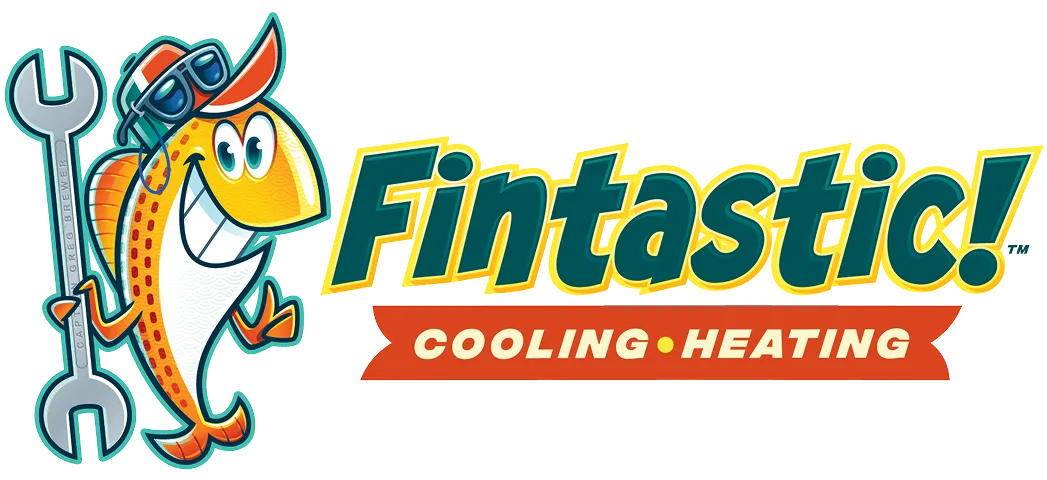Heating Tune Up in Memorial Village, TX
Memorial Village homeowners can expect a comprehensive heating tune-up that includes inspection, cleaning, calibration, safety checks, and performance testing for furnaces, heat pumps, and ductless systems. Technicians identify leaks, wear, and efficiency losses, verify electrical safety, check combustion and venting, and ensure proper airflow. The guide covers common local issues such as clogged filters, dirty burners, worn blowers, duct leaks, and thermostat misconfigurations, and explains recommended maintenance frequency, safety benefits, and what to expect during a typical 60-90 minute appointment.
.jpg)
Heating Tune Up in Memorial Village, TX
A professional heating tune up in Memorial Village, TX protects your home from unexpected cold-weather failures, reduces energy bills, and keeps family members safe and comfortable. Even though Houston winters are generally mild, Memorial Village homes still face weeks of sustained use during cold snaps. A thorough tune up identifies worn parts, hidden safety hazards, and efficiency losses before they turn into costly breakdowns or unsafe operation.
What a comprehensive heating tune up includes
A complete heating tune up covers inspection, cleaning, calibration, safety checks, and performance testing. Typical components and tasks include:
- System inspection
- Visual and mechanical inspection of the furnace, heat pump, or ductless unit
- Heat exchanger check for cracks or corrosion (critical for gas furnaces)
- Inspection of vents, flue, and exhaust pathways
- Cleaning
- Burners, pilot assembly, flame sensor, and ignition components
- Indoor coils, blower wheel, and air handler cabinet
- Removal of dust, pollen, and debris from accessible areas
- Calibration and adjustments
- Thermostat calibration and setpoint verification
- Gas pressure and burner adjustments where applicable
- Belt tension and blower alignment
- Safety and efficiency testing
- Combustion efficiency and carbon monoxide testing for gas systems
- Electrical connection checks and amp draw measurements
- Airflow, temperature rise, and system cycling performance
- Filter and airflow checks
- Filter inspection and replacement recommendations
- Return and supply vent inspection and basic duct visual assessment
Diagnostic process: how technicians find root causes
A professional tune up follows a logical diagnostic flow so fixes are targeted and durable:
- Start with a full visual inspection for leaks, rust, rodent damage, or disconnected ducts.
- Verify electrical safety and measure amperage to find stressed motors or failing capacitors.
- For combustion furnaces, perform a combustion analysis and CO test to ensure safe exhaust and proper air/fuel ratio.
- Measure airflow and temperature rise to verify the heat exchanger and blower are operating correctly.
- Run system through cycles to observe startup behavior, ignition reliability, and thermostat response.
Technicians document findings and prioritize items by safety, reliability, and energy impact so homeowners get clear, practical recommendations.
Common heating tune up issues in Memorial Village, TX (and typical fixes)
Homes in Memorial Village often share similar HVAC challenges because of local climate, landscaping, and home construction:
- Clogged filters and pollen buildup
- Fix: Replace high-efficiency filters, clean blower compartment, and advise on filter schedules. Houston’s year-round pollen and intermittent storms accelerate filter loading.
- Dirty burners or weak ignition
- Fix: Clean burners, inspect/replace igniter or flame sensor to restore reliable startups and stable flame.
- Deteriorating blower motors or capacitors
- Fix: Tighten electrical connections, lubricate bearings where applicable, and replace failing capacitors or motors to stop intermittent blower failures.
- Duct leaks and poor airflow
- Fix: Identify obvious duct breaks or loose seams and recommend sealing; adjust dampers and check register balance for even warmth.
- Corroded or cracked heat exchanger
- Fix: If detected, this is a safety-critical condition that typically requires system replacement. Technicians will explain risk and options.
- Thermostat inaccuracies or misconfigurations
- Fix: Recalibrate or replace thermostats and verify wiring and setpoint schedules for optimal comfort and efficiency.
- Refrigerant or reversing valve issues on heat pumps
- Fix: Inspect for leaks, verify charge, and test defrost cycle to ensure proper winter performance.
Safety and efficiency testing explained
Safety testing is a core purpose of the tune up. For gas systems, a combustion analysis checks CO and CO2 levels and confirms the heat exchanger and venting are safe. Electrical tests ensure connection integrity and identify components drawing excessive amps that may fail under load. Efficiency testing includes measuring temperature rise across the unit, system cycling, and airflow to estimate how well the system heats your home and where energy losses occur.
Addressing problems found during these tests typically lowers monthly heating costs and reduces wear that leads to full system failure.
Recommended frequency for Memorial Village homes
- Annual fall tune up: Recommended for all heating systems to prepare for the season of use and to catch issues before colder weather arrives.
- Semiannual checks: Consider for older systems, homes with high occupancy, or heat pumps that operate year-round — schedule a spring check for cooling and a fall check for heating.
- After major events: If your system experienced a hard freeze, flood, pest infestation, or an unusual number of cycles, schedule an out-of-cycle inspection.
Regular maintenance also helps preserve manufacturer warranties and increases equipment lifespan by reducing stress on critical components.
How tune ups prevent cold-weather failures
A heating tune up prevents failures in several practical ways:
- Replacing worn parts like igniters and capacitors stops common failure points that typically show up during high-demand cold snaps.
- Cleaning burners, coils, and blowers restores proper airflow and combustion, preventing overheating and premature shutdowns.
- Detecting cracked heat exchangers or venting problems protects your home from carbon monoxide exposure and unsafe operation.
- Identifying low refrigerant or a failing reversing valve in heat pumps avoids loss of heating capacity when temperatures drop.
Because Memorial Village can experience sudden temperature swings during winter fronts, having a tuned system reduces the chance you’ll be left without heat when you need it most.
What to expect from your tune up appointment
A routine heating tune up usually takes about 60 to 90 minutes depending on system type and condition. The technician will perform the inspection and tests, make recommended adjustments and minor repairs when safe and appropriate, and provide a written summary of findings and recommended next steps for any larger repairs or replacements.
Regular tune ups save energy, extend system life, and provide peace of mind that your heating system will perform reliably during Memorial Village winters. Investing in preventative service is both a safety measure and a smart, cost-effective way to protect your home comfort.
Customer Testimonials
Our customers praise our exceptional service and attention to detail, consistently exceeding expectations.































































